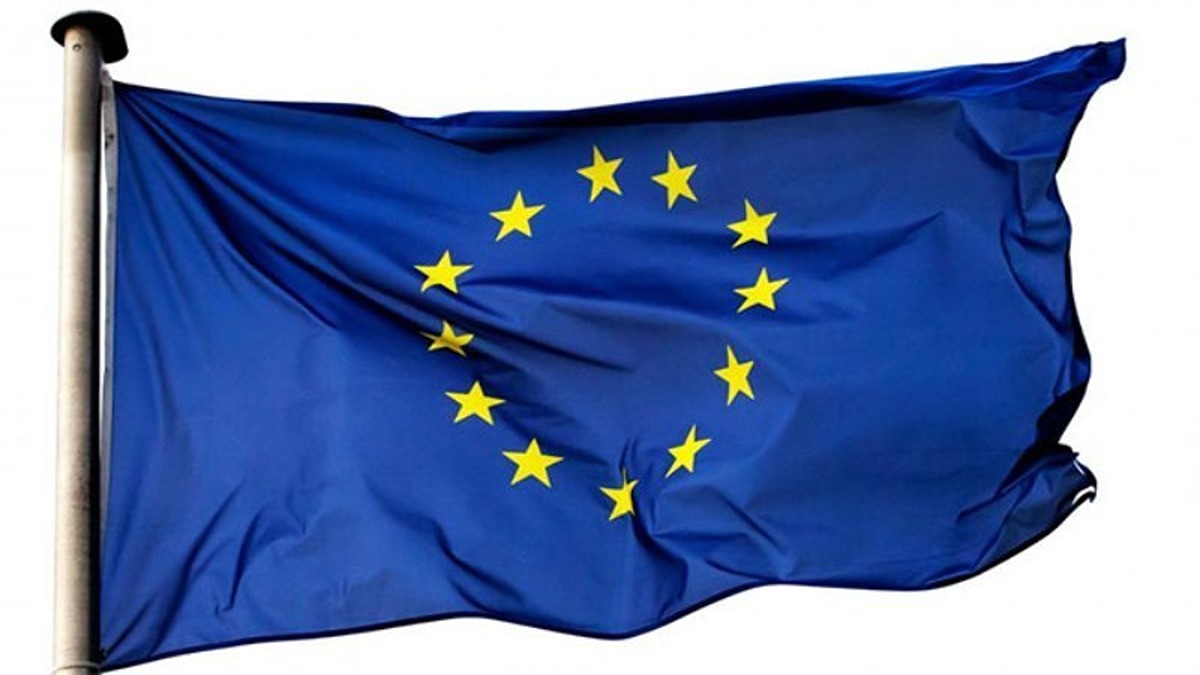
Rocked by Trump, EU seeks to kickstart defence push
The European Union is set to initiate plans to help member states strengthen their defences as Europe faces an aggressive Russia and the potential loss of US security protections. US President Donald Trump has intensified calls for European rearmament by casting doubt on Washington’s central role in NATO and making overtures toward Russia on Ukraine. In response, Brussels this month unveiled proposals that could mobilise up to 800 billion euros ($875 billion) to boost military capabilities.
European Commission chief Ursula von der Leyen emphasised the urgency of the situation, stating on Tuesday, “If Europe wants to avoid war, Europe must get ready for war.” She further stressed that “by 2030, Europe must have a strong European defence posture.” To facilitate increased military spending, the European Commission has proposed easing the EU’s fiscal rules, potentially unlocking 650 billion euros over four years.
A white paper, set to be unveiled on Wednesday, urges EU countries to commence this process by April, according to a draft seen by AFP. It also calls for the urgent approval of an initiative to provide up to 150 billion euros in loans backed by the EU’s central budget. However, the paper does not recommend a large-scale joint borrowing programme, despite some EU countries advocating for a financial boost similar to the Covid-19 recovery fund.
Strengthening European defences is expected to dominate discussions at an EU leaders’ summit later this week, marking the second urgent debate on the issue in less than a month. Governments across the bloc are already adjusting to the reality that the United States may no longer be a reliable security guarantor. Poland and the Baltic states have significantly increased their defence spending, surpassing NATO’s threshold of two percent of GDP.
Germany, Europe’s largest economy, took a significant step on Tuesday as lawmakers approved a massive defence and infrastructure spending package proposed by chancellor-in-waiting Friedrich Merz. Despite these efforts, an EU diplomat remarked that the white paper captured the “threat and urgency” of the current situation but lacked sufficient measures to boost funding. “All in all, there is no big bang,” the diplomat stated.
Others argued that while the proposals may not meet all expectations, they still represent a major shift in the EU’s approach to defence. “It’s a good opening gambit,” a second diplomat commented. The European Commission’s plan seeks not only to prepare the bloc’s forces for threats from Russia but also to strengthen European defence firms through strategic investments.
Von der Leyen highlighted the importance of joint procurement under the 150-billion-euro programme, stating that 65 percent of the weapons acquired should be of “European origin.” She emphasised that European investments in defence should yield tangible benefits for the continent, asserting, “For us, it’s important that if we invest these billions of euros in defence investment, we need a return on investment in Europe.”













Comments